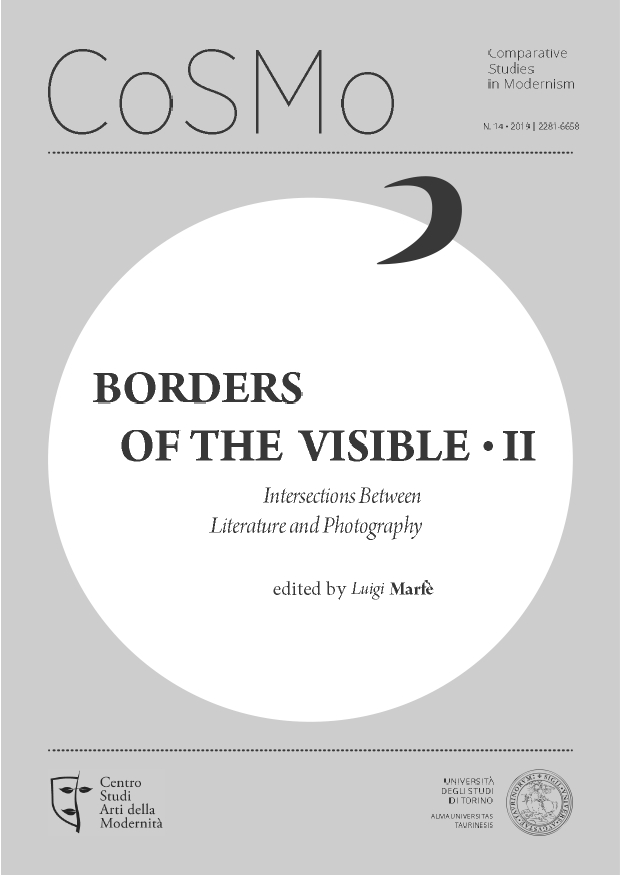“L’arte dell’osservazione”. La “Kriegsfibel” di Brecht e le sue traduzioni italiane: prospettiva, intermedialità, didattica
DOI:
https://doi.org/10.13135/2281-6658/3448Parole chiave:
Bertolt Brecht, Kriegsfibel, Abicí della guerra, Literature and Photography, Translation Studies, Didactics, Vietnam War, Renato Solmi, Collettivo Cinema Militante.Abstract
This paper aims to place an interpretation on some aspects of the Brechtian Kriegsfibel, as rendered in the two most important Italian editions of the text. The Kriegsfibel is a collection of “photo-epigrams” realized by Brecht during his exile and then published in 1955. In this work the topic of Second World War is discussed in the dialectic between photography and poetry. On the one hand, this operation aims to deconstruct the epistemological status of photography as Apparat able to reproduce the reality tout court; on the other, it questions the perception of reality in its historical, geographic and social aspects. In this way, the topicality of war photography is projected, through the epigram, in millennial History and, at the same time, the narrative of History activates in the reader the creation of meaning and, therefore, the concrete action in the present. In the light of this analysis, a study of Kriegsfibel’s Italian translations is proposed, i.e. the Abicí della guerra by Fertonani (1972), more literal and classical, and the one by Solmi (1975), freer and more actualising. The focus of discussion is on the second translation, which was proposed as an accompanying booklet for an audio-visual didactical experiment to take place in schools. This is a significant operation because it vivifies the didactic element and develops the performative character of Brechtian investigation, latent in the textual (and therefore visual) dimension of the original edition.
Downloads
##submission.downloads##
Pubblicato
Fascicolo
Sezione
Licenza
Gli autori mantengono i diritti sulla loro opera e cedono alla rivista il diritto di prima pubblicazione dell'opera, contemporaneamente licenziata sotto una Licenza Creative Commons - Attribuzione che permette ad altri di condividere l'opera indicando la paternità intellettuale e la prima pubblicazione su questa rivista.







